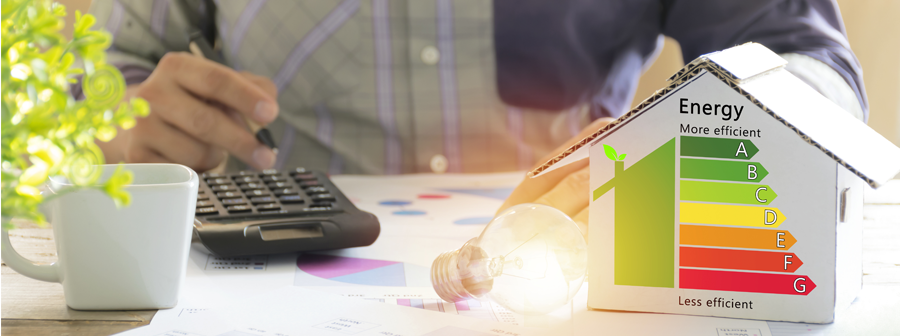
5 tips for detecting a loss of electricity
Did you notice an increase in consumption on your last adjustment bill? This could be due to an electrical leakage. To take control of your consumption and your energy bill, it is important to spot electricity losses. We will explain what you need to do.
It is not always easy to detect an electrical leakage. Many of us only realize it when we receive our year-end bill … and then it comes as a shock. To avoid this mishap, here are our 5 tips for detecting a loss of electricity.
Do you own a business with an energy consumption of more than 100,000 kWh?
Is your business paying too much for energy? Whether you run a small business or a large company, energy costs can eat into your profits. By comparing energy providers, you could lower your rates and save thousands each year.
1. Identify the energy-intensive appliances in your home.
A loss of electricity can come from your energy-intensive appliances. Did you know, for instance, that your plasma screen TV consumes on average twice as much as your dishwasher? It is important to identify your most energy-intensive appliances so that you can change how you use them. Let’s find out which they are.
>> Read also: 5 practical tips for estimating your electricity consumption
Electric heating and hot water
By itself, heating represents on average 50% of our energy expenditure. A house heated exclusively with electricity will have a consumption in the order of 15,000 kWh per year (in other words, around €3,500/year). Similarly, an electric water heater is also energy-intensive as it exceeds 2,500 kWh/year for an average family, which is around €575/year or 15% of our energy bill.
Our solutions:
- If you have electric heating, you should first and foremost consider another means of heating (gas, oil, pellets, wood).
- Check the insulation in your home
- Use your thermostat correctly.
- Add a hot water tank to your condensing boiler.
- Have short showers rather than baths.
- Put water-saving devices on your taps.
Household appliances
Household appliances represent just under 30% of our energy bills. Which are the most energy-intensive? The tumble dryer, fridge, TV, washing machine, set-top box and iron!
Our solutions:
- Choose Class A household appliances.
- Track your standby consumption.
- Use the microwave rather than the traditional oven when you can.
- Cover your saucepans and use an induction hob.
- Defrost your freezer – you will save 5% per year per mm of frost removed!
- Dry your laundry outside or in a ventilated room.
Television, computer, smartphone and wifi router
It’s best to turn off your smartphone and laptop when they are fully charged. Similarly, turn off any unused appliances. They consume energy even in standby mode!
Our solution:
Install power strips so that you can easily switch off all of your appliances in standby mode.
>> To save even more, consider comparing the price of your telecoms contracts!
2. Identify appliances that consume electricity without you knowing
You now know that your water heater and your tumble dryer are particularly energy-intensive appliances. Alongside these, other less obvious factors can also pose problems for your bill. Here are some examples of some underestimated suspects which could nevertheless be the source of your electrical leakages:
- The dimmer switch for your halogen light
- A night light that remains lit
- Power adapters that stay switched on even when they are not being used (typically the case with a telephone or laptop charger).
- Digital clocks, such as your radio alarm clock
- Aquariums and terrariums
- All of your appliances in standby mode
3. Monitor your meter
We advise you to take regular meter readings. In this way, you will be able to compare your consumption from month to month or from year to year. If you notice an increase in consumption at a specific time, you will be able to understand your excess energy consumption more clearly and you may be able to identify the source of the electricity loss.
4. Use a consumption meter
A consumption meter sits between an electrical socket and the appliances that are connected to it. It indicates precisely how much these appliances consume (in kWh or in euro). This means you will be able to manage your use of these appliances more effectively by knowing their exact consumption, whether they are functioning or in standby mode.
Our advice:
Record this data on an annual or monthly basis. You will then have a clear idea of the savings you could make.
5. Use a smart plug
A smart plug gives you better control over your consumption. It lets you manage your lighting remotely, schedule specific times when the power to these devices is switched on and off, etc.
What if there is no electrical leakage?
If, despite all these tips, your energy bill remains abnormally high, this means the problem is due not to a loss of electricity but to a contract that is too expensive. You should therefore review your energy contract as a matter of priority. It could be that you have a dormant contract, which is much more expensive than the market average! To avoid this situation, you should consider comparing your rates regularly (ideally once a year).
Discover all the energy suppliers promotions!
Compare electricity and gas prices and switch supplier for free in just a few clicks on Energyprice.be.
Sources:
Also read on our blog
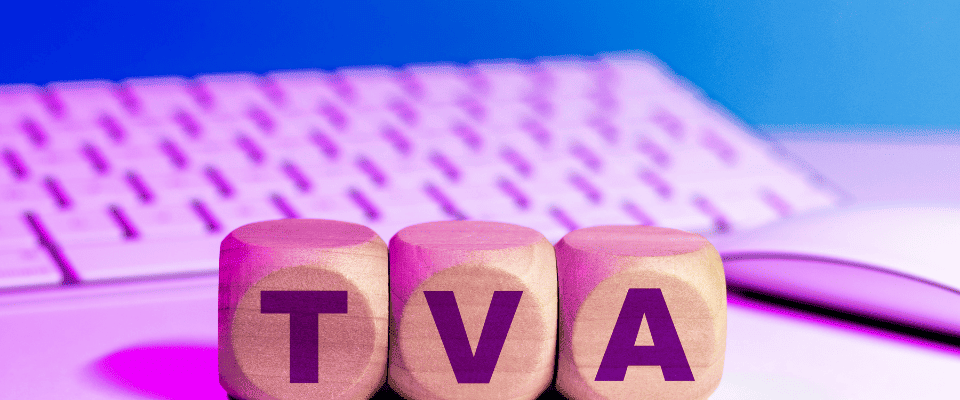
In mid-March, the government decided to reduce the VAT on gas and electricity bills in order to counter the dramatic rise in energ…
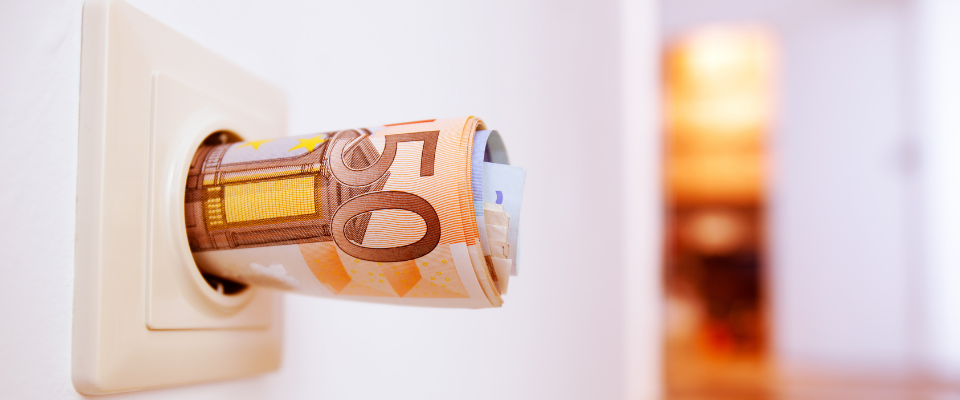
Summary: Five suppliers hold sway in Belgium… and not necessarily the cheapest ones Astonishing fact: the most expensive pro…
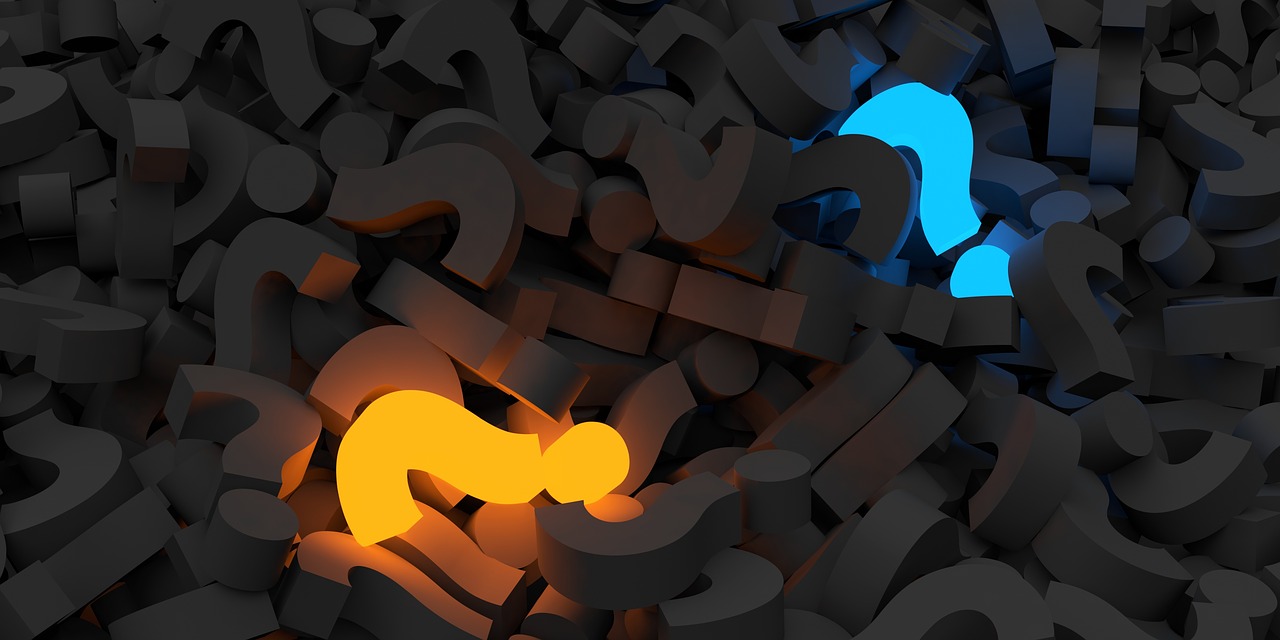
From 1 September 2015, VAT on electricity will increase from 6% to 21% for all private consumers. What are the implications of thi…
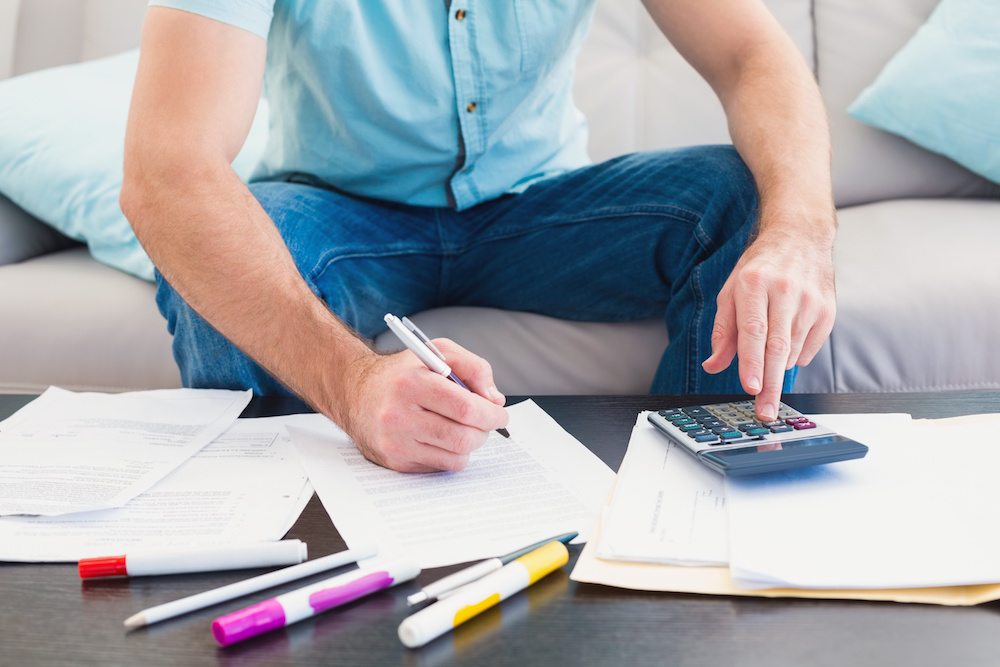
Electricity and gas: invoice 14 June 2023 • 1 Reaction • 10 minutes Published by Mathilde Lepa…